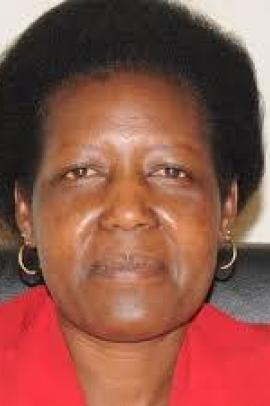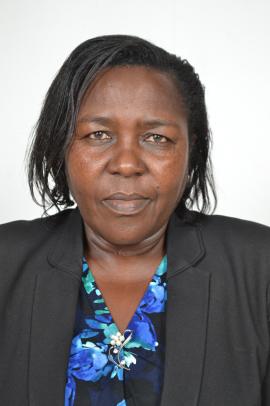Jacquelyne L.M Atieno is an information scientist with ten years of experience, who believes that accessing reliable and up to date information is key in being knowledgeable. Awarded a Bachelor’s Degree in Library and Information Science at Kenyatta University in 2011, Jacquelyne advocates for information access

Agro-Information Access and Performance of Mixed Small-scale Farmers Projects in East Seme, Seme Sub-County, Kisumu Kenya
Research Supervisor
Prof. Raphael Nyonje
Dr. Stephen Okelo
One main reason preventing small-scale farmers from enhancing their agricultural productivity is the shortage of agro-information in rural areas. The use of agricultural information has potential to improve agricultural productivity by enhancing the farmers’ information base for decision making. The main aim of this research was to explore agro-information access in relation to the performance of mixed small-scale farmers projects in East Seme, Seme Sub-County. The study used a descriptive survey research design with a target population of 440 practicing mixed small-scale farming in East Seme, Seme Sub-County. Krejcie and Morgan’s table was used to get a sample size of 205. Stratified random sampling was used to choose this sample to participate in the study, questionnaires and interview schedules were used to collect data. The qualitative data was derived from analyzing the responses from the questionnaire, data was presented using tables. It revealed that most mixed small-scale farmers 120 (64.9%) needed agro-information on weeds, pests, and diseases, that most of the mixed small-scale farmers 92 (49.7%) contacted fellow farmers, that most of the mixed small-scale farmers currently had access to radio 150 (91.9%) which they use to access information on weather conditions and most of the mixed small-scale farmers were aware and participated more in collaboration with farmer groups. The study concludes that the mixed small-scale farmers have agro-information needs to be met, sources they use are not enough, their use of technology is very poor and they need to participate in various agricultural collaborations to access more of agro-information.





